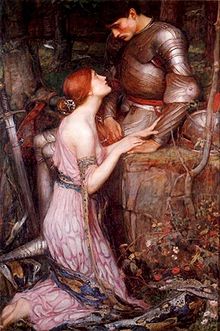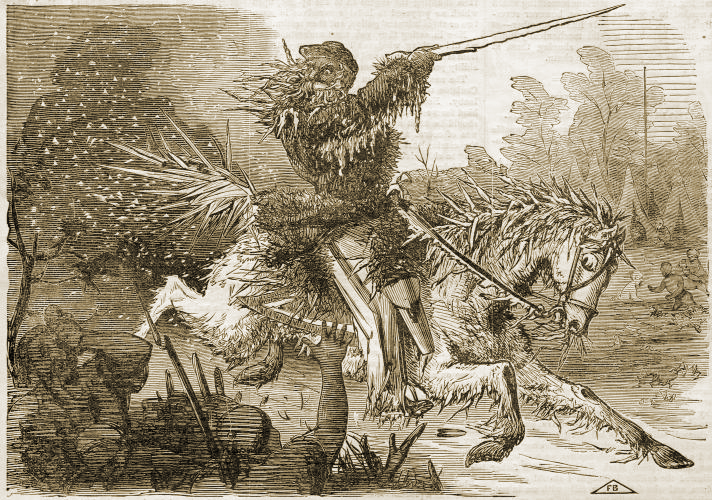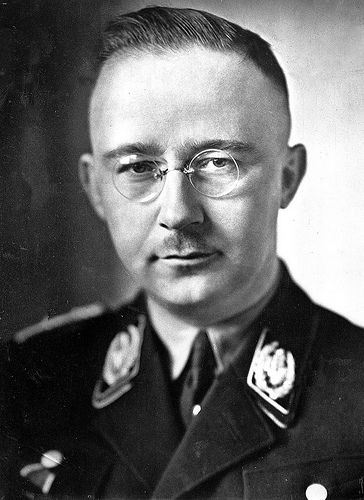Night of 23rd-24th December 1941
The Museum at Linz—Belittling of great paintings by Jewish critics—Incompetence of the bourgeois leaders— The Venus of Bordone.
It occurs to me that already Linz Museum can bear comparison with no-matter-which museum in New York. In the years 1890 to 1900, one could still form great collections. After that, it became practically impossible to lay one’s hand on the truly great works. The Jews mounted guard and monopolised the lot. If I’d had money sooner, I’d have been able to keep in Germany a number of works that have emigrated. It’s lucky I got there finally. Otherwise we’d have nothing left but rubbish, for the Jews do their business in works of real value.
They made use of literature to achieve this. What we should blame is, firstly, the cowardice of our bourgeoisie, and, next, the state of society (for which the bourgeoisie is equally responsible) whereby only a tiny fraction of the population is interested in art. The Jew was able to say to himself: “These Germans, who accept perverse pictures of the crucified Christ, are capable of swallowing other horrors, too, if one can persuade them that these horrors are beautiful!” The people was not concerned in such matters. It was all the affair of the so-called élite, who believed in their own competence, whereas in reality they were not capable of telling the difference between what was beautiful and what was ugly. This set-up was useful to me at the period when, although I still hadn’t much money, I began to buy.
Another thing that was useful to me, in England, was the fact that certain works, by reason of their subjects, did not fit in with the conformist morals of society. So it was that I was able to take possession of the admirable Venus by Bordone, which formerly belonged to the Duke of Kent. I’m delighted that I succeeded in obtaining in England some works of the highest level in exchange for some horrors boosted by the Jewish critics. Those are real forgers’ tactics on the Jews’ part, for they’re perfectly well aware of the worthlessness of the works they’re boosting.
They’ve used this transvaluation of values to buy, surreptitiously and at a favourable price, the masterpieces they had depreciated.




